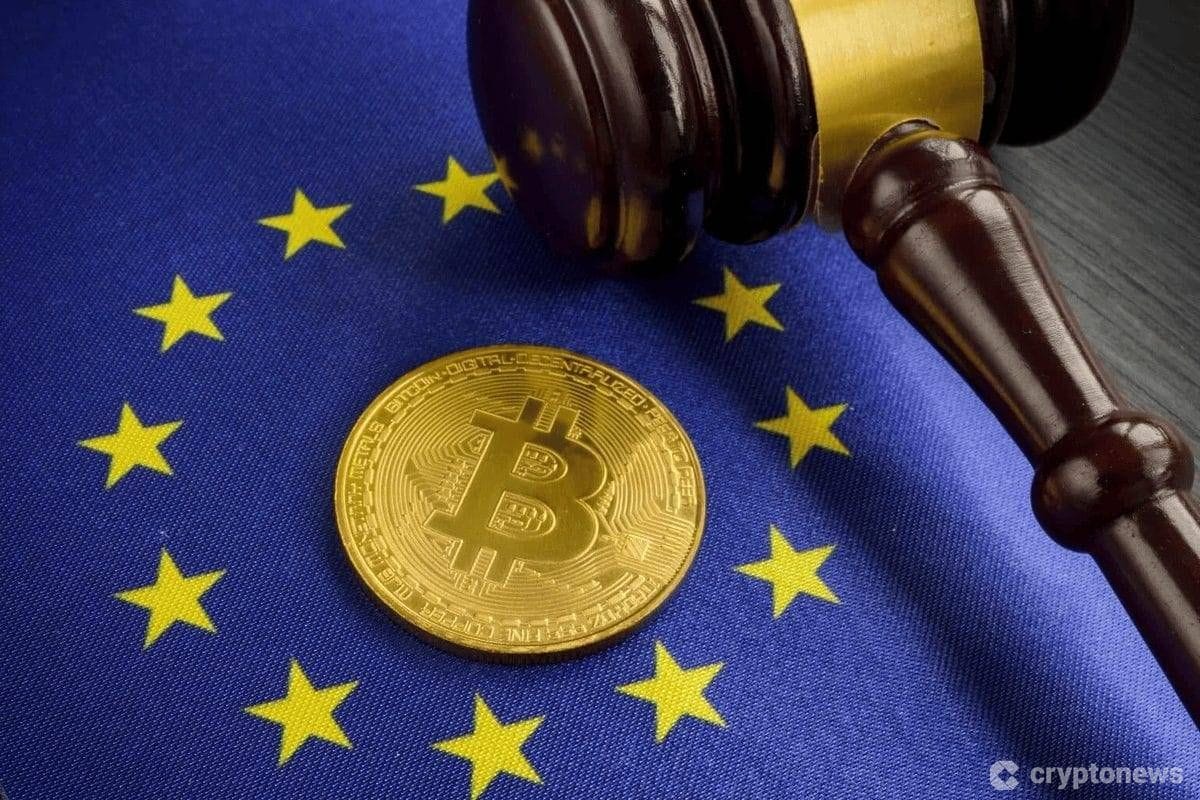The European Securities and Markets Authority (ESMA) has called for tighter regulation of the cryptocurrency industry in the European Union (EU), highlighting the need for stronger cybersecurity measures to protect consumer interests. ESMA’s proposal seeks to amend the Markets in Crypto-Assets Regulation (MiCA), the EU’s comprehensive regulatory framework for the crypto sector set to take full effect in December 2024. The move comes after a surge in cyberattacks targeting crypto platforms, resulting in over $1.5 billion stolen in the first half of 2024. ESMA has suggested that crypto companies should undergo third-party audits of their systems to identify vulnerabilities and safeguard against potential breaches.
ESMA’s push for enhanced cybersecurity measures follows a series of high-profile crypto hacks, including the collapse of the FTX exchange and recent thefts from exchanges such as BingX and WazirX. These incidents have raised concerns about the industry’s susceptibility to cyber threats and the need for better security protocols across the board. Critics argue that the existing regulations under MiCA may not be sufficient to address the escalating risks posed by cyberattacks on crypto companies, prompting calls for stricter rules to ensure the sector’s resilience against malicious actors.
In response to ESMA’s proposal, the European Commission has expressed reservations about the scope of the suggested cybersecurity audits, indicating a potential discord between regulatory bodies. While ESMA has not provided further comments on the matter, the urgency for cybersecurity reforms in the crypto industry remains a pressing issue for regulators and stakeholders alike. With the increasing frequency and sophistication of cyberattacks targeting crypto exchanges, there is a growing consensus on the need for proactive measures to safeguard digital assets and protect consumer interests.
The EU’s MiCA regulation already imposes requirements on crypto companies to obtain licenses and comply with anti-money laundering controls, among other rules. However, as the industry faces mounting cybersecurity challenges, regulators are intensifying their calls for more stringent oversight and accountability. ESMA’s advocacy for mandatory external audits underscores the need for comprehensive security measures to mitigate the risks associated with cyber threats and unauthorized access to crypto assets. The EU’s regulatory framework is evolving to address the dynamic nature of the cryptocurrency landscape and enhance investor protection in the face of emerging risks.
In parallel with ESMA’s efforts to bolster cybersecurity regulations within the EU, the European Parliamentary Research Service (EPRS) has highlighted the importance of extending regulatory scrutiny beyond EU borders. The EPRS report warns of the vulnerabilities posed by weak cybersecurity practices in non-EU jurisdictions, particularly in regions like the U.S. where crypto regulation is fragmented and compliance standards may vary. As global regulatory pressure mounts, the need for harmonized cybersecurity standards and cross-border cooperation in regulating the crypto industry becomes increasingly apparent.
As the crypto industry grapples with evolving threats and regulatory challenges, the push for enhanced cybersecurity measures underscores the imperative of safeguarding digital assets and fostering trust in the market. ESMA’s call for mandatory security audits reflects a broader trend towards strengthening regulatory oversight and resilience in the face of cyber risks. With the upcoming full implementation of MiCA and ongoing debates about the scope of cybersecurity regulations, the EU’s commitment to enhancing security standards in the crypto sector signals a proactive stance towards addressing the complex challenges of digital asset protection in an increasingly interconnected world.











